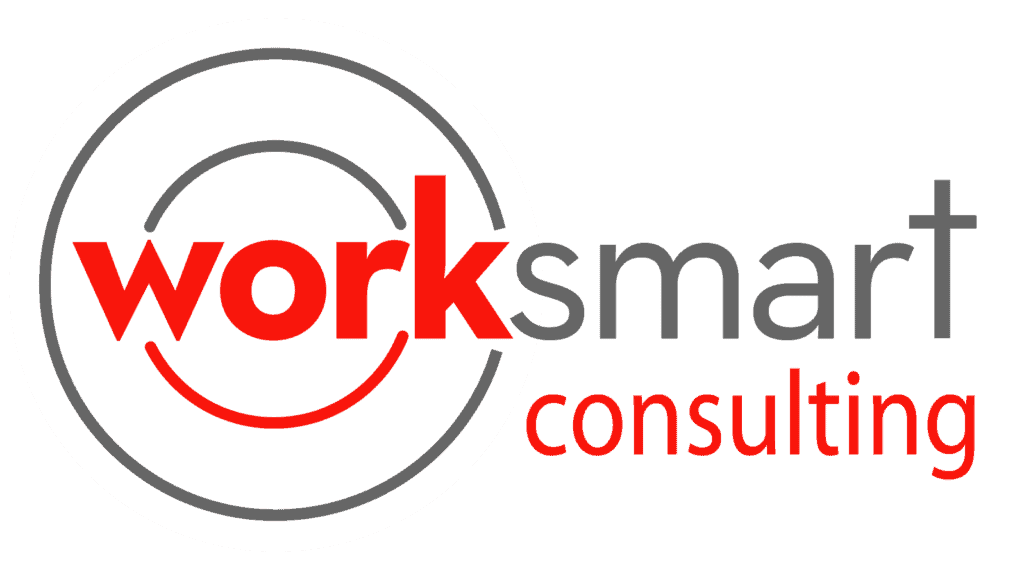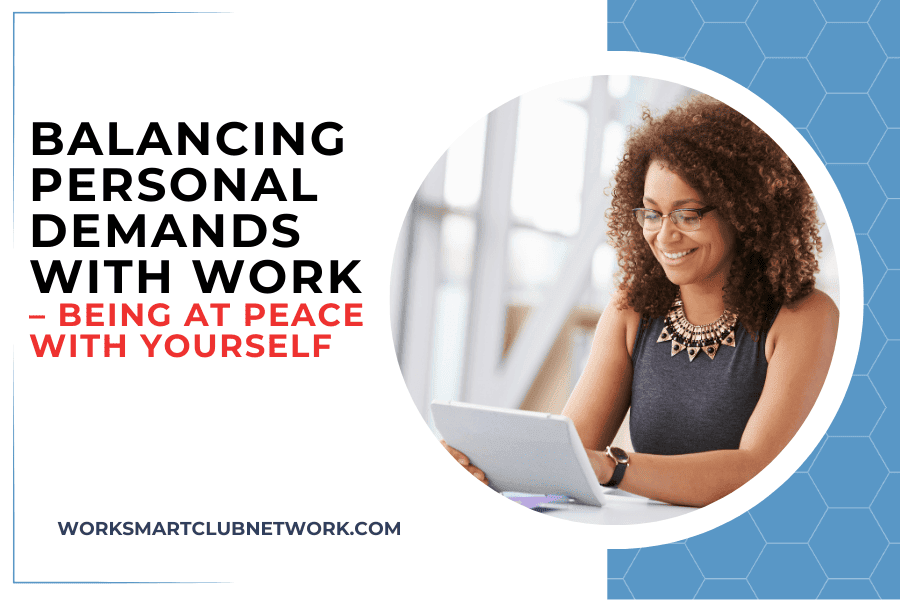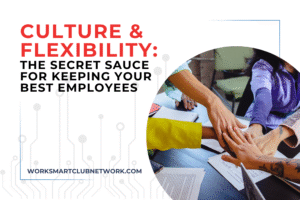One of the consequences of living and working in the digital age is balancing personal demands with work. It’s an increasing internal conflict and tug of war most of us have. This back and forth on how to strike a healthy work-life balance costs you energy, focus and ultimately opportunity.
First, keep in mind that personal demands have no end; there are always needs and situations that arise so having a plan to manage these demands will make the difference in your peace of mind.
The first step is knowing when your demands exceed your capacity.
During the 2020 pandemic, just about everyone experienced work and life out of balance. When asked, roughly 72% of employees (out of 2,566) stated that work life balance is extremely important to them.
During times like these, it is up to the managers to work with their teams and help them understand that what they’re going through and to help them find ways to deal with it. Managers are the role model and need to set the tone for modeling resilient behavior.
Let’s explore how leaders can help employees find balance and greater internal peace.
Determine What Is Stressing Them Out
Before giving employees any advice, take the time to understand what might be triggering the reactions. Whether it’s workplace stress due to workflow, hidden burnout, a family issue, or something else entirely, identifying the challenges will help you get a better idea of what to suggest. While you are NOT responsible for what your team experiences and it is not your job to take care of the issues, learning to tune in will help you facilitate your team members transition to healthy coping practices. This translates into increased trust and commitment to you and the workplace.
The following are a few ideas you can explore to help your people manage their pressure and increase their peace of mind:
- Offer them a flexible work schedules, i.e., give them the liberty to start work late or break up their work.
- Focus on productivity rather than hours worked
- Lead by example and demonstrate self-care.
- Encourage your people to have consistent start and stop times to their day. As more people work remote, it can be difficult to “stop working.” Avoid invading their free time with requests that come in after hours.
- Encourage breaks during the workday. Employees will often work through breaks thinking they will get more done, however short, 10-minute breaks can reboot focus and help people be more productive.
- Set up social type meetings where people can chat, have a coffee and simple interact. This is not a time to talk shop or share information, it is strictly social. This type of break can be refreshing and help people recharge.
You cannot outpace your well-being. When you support the peace of mind in your team, you are supporting the lifeblood of engagement and productivity; people work better when they are more relaxed.
Do you want to learn skills to help you relax and reboot your stress levels? Check out the Work Smart Club, our online resource for work and well-being. We have courses in resilience, stress management, mindfulness and so much more. Click the image below for details.
Are you a training manager and want to talk about group training and coaching for your managers? Schedule a complimentary consultation and let’s talk about your unique challenges.
Did you enjoy this post? Pin it so others can discover it too.








Responses